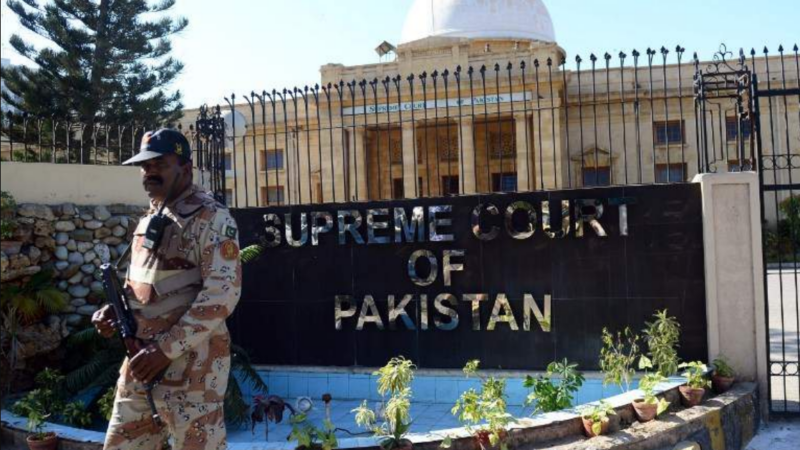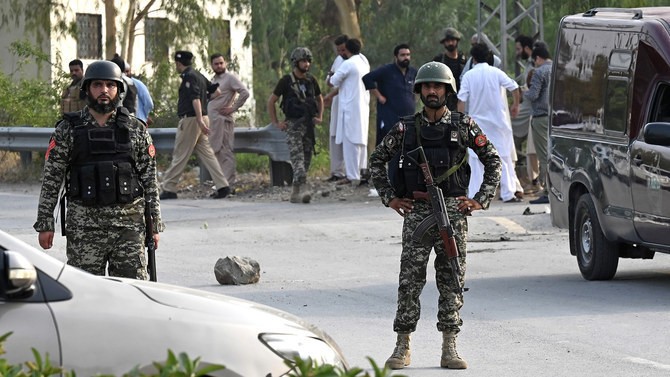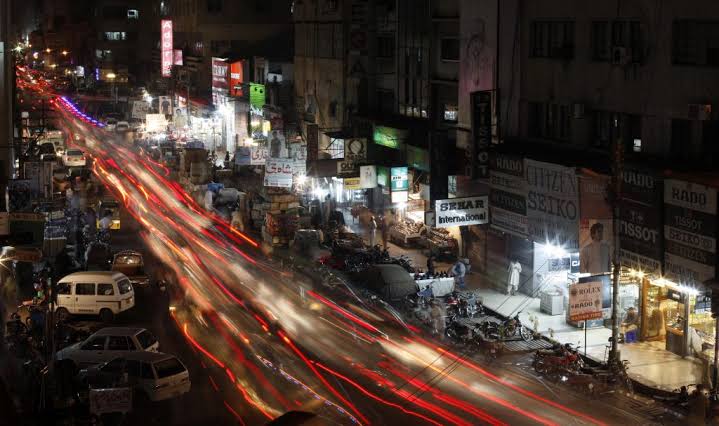The ‘bureaucracy’ of the English language prevents many Afghan women from visiting the UK.

Many British MPs believe that the inability of many Afghan women to speak English is preventing them from being reunited with their spouses in Britain.
The Taliban’s restrictions on women’s education and travel outside of Afghanistan without a male guard make it especially challenging for many Afghan women to acquire a second language.
All certification testing facilities in Afghanistan that administered exams in English have been shut down. Those interested must go to Pakistan, which is a hassle due to the Taliban’s restrictions on travel.
According to The Independent, one British-Afghan man had trouble getting a visa for his wife and kids so that they could fly to Pakistan for further testing in order to move to the UK. Before the Taliban took over in 2021, his wife was learning English so that she could apply for a UK spousal visa, but now she is unable to continue her education.
“I can’t see my baby,” he told the Independent. I’ve spent between $8,900 and $10,000 on legal representation and Home Office expenses. The question of “who will be responsible if something happens to my wife?” necessitates a choice.
Hewaad Farhad, another Afghan man, said he did not know how to secure a spousal visa for his wife in Afghanistan since she speaks little English and cannot learn the language on her own.
“I grew up in the UK, my life — everything” is “according to UK society,” he said. I have nothing here in Afghanistan. Being a British national in Afghanistan makes it impossible for me to hold down gainful employment.
Furthermore, “there are no English classes and no education for women,” he said. She never went to school since her father did not want her to, and she grew up in a remote hamlet.
Through a translator, Farhad’s wife remarked, “It is terribly difficult here, it is quite dismal living with only the kids. We, especially the kids, miss dad terribly.
We worry that we may get in trouble, and I don’t feel secure here. I’m finding learning English to be a formidable challenge. I’m willing to do whatever to reach my goal of traveling to the United Kingdom.
Caroline Lucas, an MP for the Green Party, has reportedly written to Immigration Minister Robert Jenrick to request a policy review on the matter.
She stated, “vulnerable refugees are being put in danger and families are being torn apart because of the Home Office’s cruel and callous inflexibility on English-language requirements.” My clients in Afghanistan include people with families who are in danger from the Taliban, who lack formal education and so suffer significant language challenges and who have no one to turn to for help.
A stubborn and heartless bureaucracy will not do under these extraordinary circumstances.
Tan Dhesi, a Labour MP for Slough, has made the following statement: “Since the Taliban’s takeover, I have been contacted by countless Slough residents in need, including some who just wish to reconnect their families and assure their safety. In light of the gravity of the situation, the government must address these legitimate concerns.
Afghan women were promised support by the government when the Taliban seized power, but instead bureaucratic block after bureaucratic block has been put between them and safety with their families, according to Wendy Chamberlain, MP, chair of the All-Party Parliamentary Group for Afghan women and girls.
Whether it’s language requirements or biometric identification, “the government must apply common sense and compassion to its policies.”
According to a Home Office official, who talked with The Independent, “the UK has made an ambitious and generous commitment to help at-risk people in Afghanistan, and so far we have brought around 24,600 vulnerable people to safety.”






